SOLUTIONS TO REDUCE THE FOOTPRINT OF OUR BRANDS

Carbon
Greenhouse gases are the main cause of climate change. By investing in certified carbon dioxide equivalent offset projects like reforestation, landfill gas capture, alternative energy, methane reduction and industrial process, Impact Collective brands are reducing their carbon footprint.
Featured Carbon Projects
Québec ODS Recovery & Destruction
ODS Recovery & Destruction | Québec, Canada
This project recovers and destroys ozone-depleting substance (ODS) used as a refrigerant. ODS are known as having high GHG potential. The recovery is carried out at a recycling facility located in Laval, north of Montréal, Canada using an automated process that dismantles refrigerators and isolates refrigerant components. Once the ODS are recovered, it is sent…
CGN Inner Mongolia Zhurihe Phase I Wind Farm Project
Alternative Energy | Inner Mongolia
CGN Inner Mongolia Zhurihe Phase I Wind Farm Project is located in the Inner Mongolia Autonomous Region. The project generates renewable electricity using wind power resources and sells the generated output to the North China Power Grid (NCPG). The project site has abundant wind resources. 25 wind turbines have been installed, each with a rated…
Terra Verdigris #2
Nitrous Oxide Abatement | Oklahoma, USA
Terra Verdigris #2 is a Nitrous Oxide Abatement Project located in Claremore, Oklahoma. This project involves the use of a catalyst to abate N2O inside the reactor after its formation; thus removing its ability to escape into the atmosphere. Additionally, N2O recording equipment is installed to monitor the level of N2O emitted by the facility…

Plastic
By 2050 there will be more plastic in the oceans than there are fish (by weight). We work with communities in Haiti, Indonesia and the Philippines to reclaim ocean bound plastic from the environment making the Impact Collective brands plastic neutral.
Featured Plastic Projects
IntegriCo – Production of Composite Timbers from Plastic Waste
Sarepta, Louisiana, US
The Project is a post-consumer plastic waste mechanical recycling project owned and operated by IntegriCo Composites Inc. It diverts significant quantities of composite plastic waste from landfills across the U.S. to manufacture composite timbers for a variety of applications.
The Mediterranean Cleanup
Greece
This project aspires to implement a wide-scale cleanup of marine plastic in the Mediterranean ecosystem by utilizing the fishermen’s network. The marine plastic collected by fishermen, as well as their used fishing equipment, is recycled & upcycled, thus integrated into the circular economy. This vast project involves 3 countries, 21 fishing ports, 229 fishing vessels,…
rePurpose Waste Ventures
India
Waste Ventures India is a social enterprise in Hyderabad transforming India’s waste dumping into a waste management sector. By engaging existing networks of waste pickers and scrap dealers through technology and ethical business practices, WVI is redefining long-standing preconceptions around waste.
Plastic Bank
Haiti
32 collection branches across Haiti extract over 3.5 million kg of ocean-bound plastic, the equivalent of 126 million plastic bottles. The plastic credits provide a life-changing income increase for the collectors, encourages more collection, and prevents plastic from entering the ocean.

Renewable Energy
Investing in renewable energy is one of the most important steps to facilitate the global transition to clean energy. The Impact Collective brands are offsetting their energy consumption by investing in Renewable Energy sources like Solar and Wind projects in North America and across the world.
Featured Energy Projects
Big Sky Dairy Digester
Gooding County, Idaho
Located at the Big Sky Dairy near Gooding, Idaho, this biodigester processes manure from about 4,700 dairy cows. It is a 1.3-Megawatt waste-to-energy project.
Buffalo Dunes Wind Project
Garden City, KS
Located just southwest of Garden City, Kansas, Buffalo Dunes Wind Project consists of 135 GE 1.85 MW turbines with a nameplate capacity of 250 MW. The project produces enough power for 75,000 homes and is built on tilled acres which minimizes environmental impact.

Water
In response to growing global water scarcity, the Impact Collective brands offset their water usage by working with The Nature Conservancy’s water projects and farmers in California who are saving billions of gallons annually.
Featured Water Projects
Middle Deschutes River
Central Oregon
The Deschutes River Conservancy is working to restore over 115 cubic feet per second of flow to the Middle Deschutes River in central Oregon. Historically, most of the flow to the middle Deschutes River was diverted near the City of Bend to serve agricultural needs. Project funding allows the Conservancy to negotiate lease agreements with…
Flint River
Spring Creek, GA
The Nature Conservancy in Georgia and the Flint River Soil and Water Conservation District work collaboratively with farmers along Spring Creek, an ecologically critical tributary. By retrofitting irrigation systems with new technology, this project reduces groundwater withdrawal by up to 20%.
The Alfalfa Project
San Joaquin Valley, CA
The goal of the Alfalfa Project is to convert 350,000 acres of alfalfa in the San Joaquin Valley from traditional flood or sprinkler irrigation to subsurface drip irrigation and from conventional farming practices to precision farming practices, saving over 300 billion gallons of water annually.


